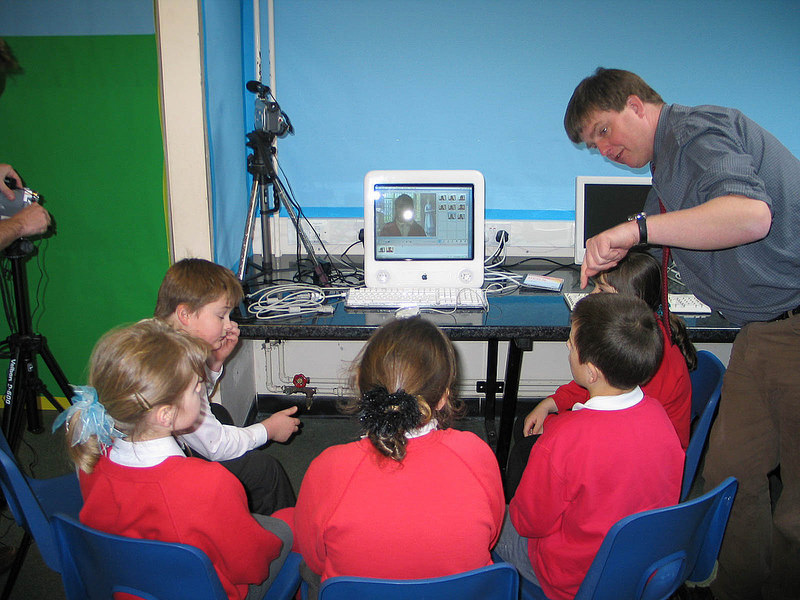| If you were to guess which public school systems perform best, the ones that provide computers or tablets for their students and spend a lot of time online — like Australia, Denmark or Sweden — or the ones that use technology modestly, such as Singapore or South Korea, what would be your answer? Anyone following debates at the Utah Legislature the last couple of years might chose the high-tech schools. That would be wrong. The Organization for Economic Cooperation and |
| | Development, an international think tank whose aim is to help the economic and social well being of people worldwide, just published a study measuring performance and technology in more than 70 countries. The results show that “in countries where it is more common for students to use the Internet at school for schoolwork, students’ performance in reading declined between 2000 and 2012, on average.” Things don’t look much better for math and science. Any parent who has sent a child to the computer to finish homework, only to discover moments later that he or she is off on some tangent or talking with friends on social media while studying, can tell you why. But beyond the normal distractions, it turns out that the best way to prepare a student for life in the digital world is still to teach the fundamentals of reading, writing, arithmetic and science. All you need for that is paper and pencils. Who knew? Or, perhaps a better question, why did we think it would be any different? Utah went through a contentious debate nearly two years ago when former House Speaker Becky Lockhart proposed a $300 million plan to provide a tablet for every Utah student, and to train teachers and administrators how to use technology in schools. That measure failed, and the 2015 Legislature wasn’t much more interested, eventually agreeing to $5 million to lay the foundation for expanded classroom technology. Turns out lawmakers’ prudence may be just about right. It isn’t that technology is bad, or that kids don’t need to learn that stuff. But they’re better off when it isn’t the focus of everyday education. The study, based on 2012 data, found that 96 percent of students in the countries studied had a computer at home. In South Korea, only 42 percent used them at school, and in Shanghai, China, the percentage was 38. Yet students in both nations scored among the highest in international tests for mathematics and digital reading. “This suggests,” the study says, “that many of the evaluation and task-management skills that are essential for online navigation may also be taught and learned with conventional, analogue pedagogies and tools.” And when it comes to low-income students, they perform worse than others, but mainly because they haven’t learned how to read and do math as well. In other words, having a computer in school isn’t going to make up for not knowing the basics. Unfortunately, the study’s figures for the United States are incomplete compared to those for many other countries. But the results still ought to change the way we look at computer-aided education here. Americans have been somewhat obsessed with computers in recent years, wringing their hands over the digital divide that supposedly makes it harder for low-income children to succeed in a fast-paced computerized world. It’s true that kids need to learn to navigate this world. They also, as the study says, need to learn the dangers of online plagiarism, fraud and sexual exploitation, and they need to learn how to critically evaluate the truth of what they encounter on the Internet. No one should be surprised at the study’s conclusion that kids who spend more than six hours a day online outside of school “feel lonely at school,” arrive late or have high rates of absences. A careful reading of the study shows computers can, indeed, be valuable at school. Lockhart wasn’t wrong when she suggested the need to train teachers and administrators how to use them. But the proper uses and limits must be understood. “In the end,” the study said, “technology can amplify great teaching, but great technology cannot replace poor teaching.” Nor can it substitute for the basics, which haven’t changed much over time. |


 RSS Feed
RSS Feed

